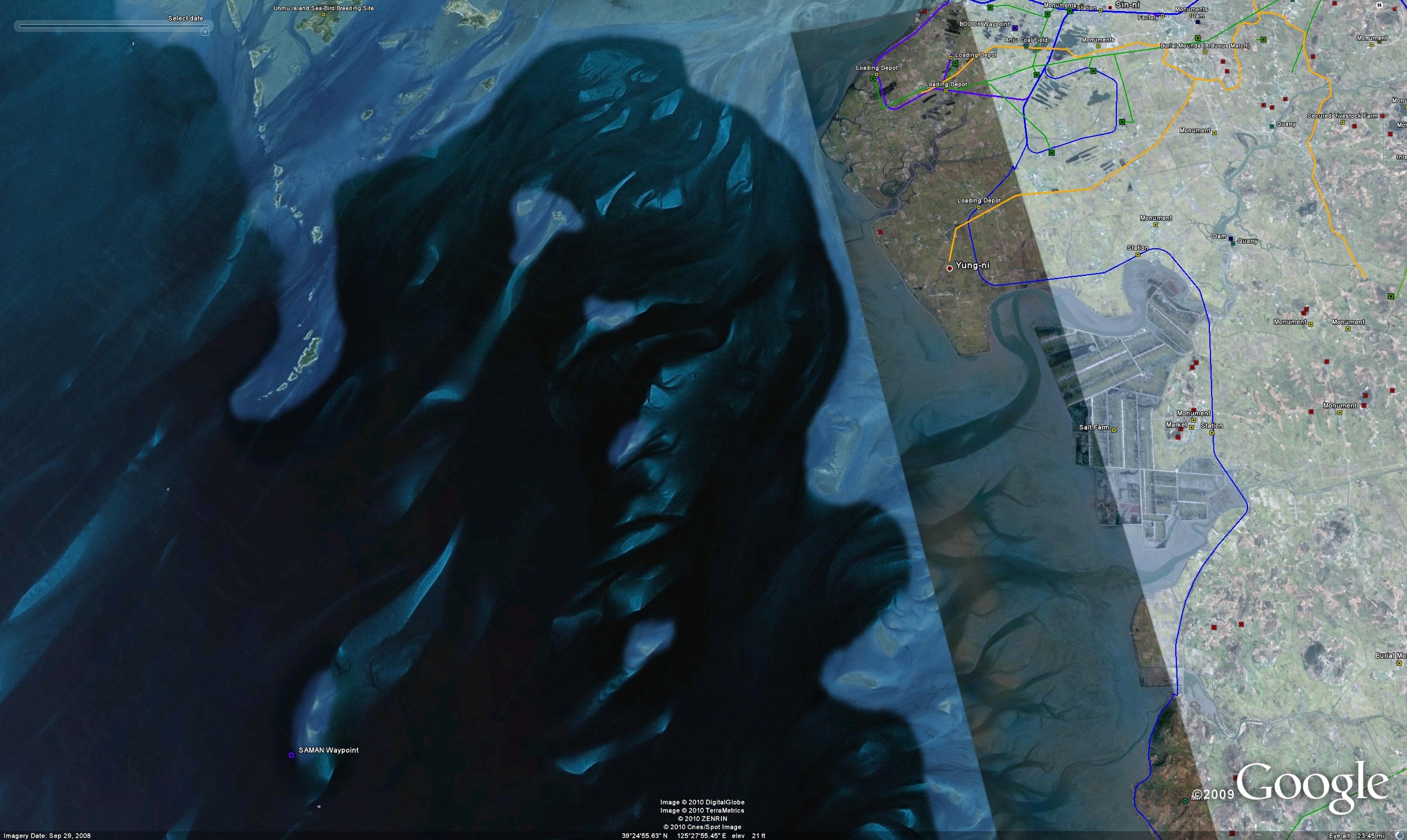The British Council arranges for English teaching opportunities in the DPRK (see here, here, and here). Chris Lawrence has been teaching at Kim Il Sung University and his experiences there were recently covered by the BBC.
It was a freezing cold February morning and Chris’s new classroom at the elite Kim Il-sung University in the capital Pyongyang wasn’t much warmer than the streets outside.
These days even the children of the party faithful can’t escape some of the hardships of everyday life in North Korea.
“The main problem is a lack of heating,” he said.
“Most of us in here are wearing our outdoor clothes as we work.”
Chris is one of a small team of English teachers forming a joint project between the British Council and the Government in Pyongyang.
In a sign that it may one day open up to the Western world, North Korea has gradually shifted a lot of its language training away from Chinese and Russian and towards English.
This is Chris’s first day in the job but his new class has already made an impact.
“I’m quite impressed by the level of English in this particular group” he told me.
“I expect the students will go on to occupy some quite important positions within Korean society.”
I asked one student what he hoped to do with his English.
“I hope to achieve speaking English so that I can go abroad and do some business because I want to be a businessman,” he said.
Another said he was going to be a diplomat.
They seemed, at the moment anyway, quite willing to engage with the outside world.
I asked one student who his favourite English authors were.
He hesitated and then said “Shakespeare… and Dickens”.
I asked him if he had read anyone more recent. There was a long embarrassed pause and then he replied: “Um… Jane Eyre… or Hamlet…”
The government wasn’t only keeping a close eye on their reading list.
Everything the students said to me was being listened to by government officials who were there the entire time I was in the country, travelling on a journalist’s visa.
But despite their presence, none of the students felt the need to include in their answers to me the usual rhetoric of “studying for the glory of the party and the dear and great leaders.”
They were quite happy to talk about what they wanted to achieve in life as individuals.
It was in marked contrast to their faculty head who went into a long monologue about the virtues of the “dear leader” President Kim Jong-il as soon as I switched on my microphone.
Heated debate
Across town at the nearby Pyongyang University for Foreign Studies, the staff were much more progressive.
They told me they were very pleased to have someone from the BBC because “we record the BBC News everyday to help the students improve their language skills”.
They played me some of their archive including news bulletins from the World Service that were almost a year old, so I knew they hadn’t been recorded just for my benefit.
I found the final year class next door having a heated debate in very good English about whether it was fair to keep animals in zoos.
The students were sophisticated, knowledgeable and engaging.
They quizzed me about the on-going Iraq inquiry in Britain and then 21-year-old Ri Ji-hye asked me if she could be frank.
“It’s so good that we can listen to [the] BBC,” she said.
“It helps us a lot learning English. I so much want my country to be one of those leading in the economy.”
“We’re already a leading nation in politics and other stuff. Well, it’s no offence but I want to learn English so that the other people get to learn [about] Korea.”
She smiled and said “Look at our faces – are we depressed, are we unhappy, are we hungry? No.”
That was certainly true of Ji-hye and her classmates.
But one of the challenges for her generation will not just be opening up to the rest of the world but opening their eyes to the world just beyond their city limits.
The British Ambassador to Pyongyang, Peter Hughes, is one of those who believes the country will have to wait for another generation before there’s any prospect of real change.
And he says few of people in the capital have any idea what life is like for the majority of North Koreans living beyond Pyongyang.
“I think it’s important to remember that Pyongyang is totally different from anything that’s outside of the city.”
“Only certain people can live here and one of the punishments for doing something wrong is actually to be banished outside of the city.”
“If you go out to the regional centres there is very little out there. The cities are in a bad state of repair. There are a large factories that are standing empty.”
Proud and patriotic
Back in the classroom at the Foreign Studies institute, another British Council teacher was showing North Korea’s “Generation next” how to run a brand campaign for Harley-Davidson, while on the streets outside people often stood more than a 100-strong waiting for a bus.
Pyongyang may be the country’s showcase city but even here it’s pretty obvious that the economy isn’t working.
Like their parents, the young North Koreans I met are proud and patriotic.
They have high hopes for their country even if they don’t yet understand just how far they’ve fallen behind their neighbour China.
But at least they may now be starting to learn enough about the real world to make sure they don’t repeat the same disastrous mistakes.

